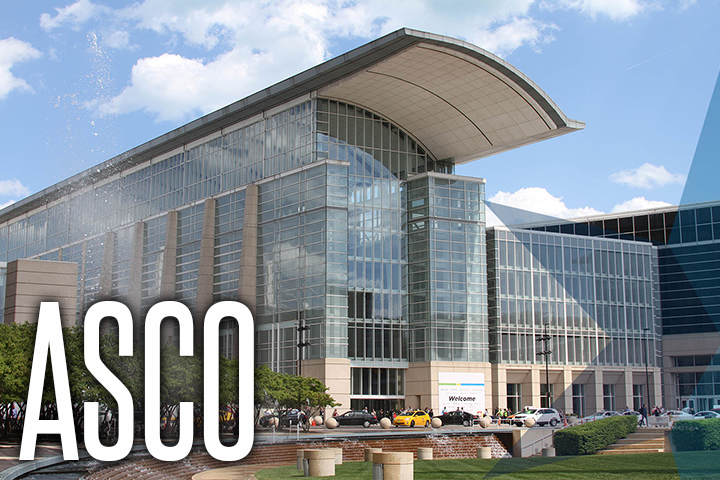By Dave Levitan
Maintenance therapy with the PARP inhibitor rucaparib offered improved post-progression outcomes in a phase III trial of patients with recurrent epithelial ovarian, fallopian tube, or primary peritoneal cancer who were in a complete or partial response to platinum-based chemotherapy, according to researchers.
The ARIEL3 trial previously found that rucaparib maintenance therapy significantly improved progression-free survival (PFS) compared with placebo in this setting; the agent was granted approval by the US Food and Drug Administration based on these results. “Evaluation of overall survival may require extended follow-up and may be confounded by subsequent treatments,” wrote study authors led by Robert L. Coleman, MD, of the University of Texas MD Anderson Cancer Center in Houston, in a poster presented at the 2019 American Society of Clinical Oncology (ASCO) Annual Meeting (abstract 5522). “Therefore, additional post-progression assessments are needed to help demonstrate the clinical benefit of maintenance therapy.”
The study included a total of 564 patients randomized to receive either rucaparib maintenance therapy (375 patients) or placebo (189 patients). Most of the cohort had epithelial ovarian cancer (83.2%), and most had BRCA wild-type disease (65.3%).
The median chemotherapy-free interval, measured as the time from the last dose of prior chemotherapy to initiation of subsequent chemotherapy, was 15.0 months with rucaparib compared with 9.2 months with placebo, for a hazard ratio (HR) of 0.44 (95% CI, 0.36–0.55; P < .0001). That benefit was seen both in BRCA-mutant and BRCA wild-type patients.
The same was seen for the time from randomization to the start of second subsequent therapy, at 22.2 months with the study drug and 18.6 months with placebo, for an HR of 0.70 (95% CI, 0.54–0.91; P = .0064).
The median PFS2, defined as the time from randomization to disease progression on the subsequent line of therapy or death, was also better with rucaparib, at 21.1 months compared with 16.5 months, for an HR of 0.62 (95% CI, 0.48–0.79; P = .0001). The median time from randomization to the start of first subsequent therapy was 12.5 months with rucaparib and 7.4 months with placebo, for an HR of 0.43 (95% CI, 0.35–0.53; P < .0001). BRCA mutation status did not change any of these outcomes. No new safety signals were identified in the analysis.
“Prior rucaparib treatment did not adversely impact the possibility for patients to benefit from subsequent therapy,” the authors wrote.
In a poster discussion session at ASCO, Iain A. McNeish, MD, PhD, of Imperial College London, said the continued separation of survival curves between rucaparib and placebo is reassuring. The improvement in post-progression outcomes, he said, “does suggest that rucaparib does not blunt the effect of post-progression chemotherapy.” Still, it is only with longer follow-up that the agent’s efficacy will be best understood. “Clearly the hardest of all hard endpoints in these trials is overall survival, and those data are awaited with great interest,” McNeish said.
This article was published by Cancer Network.


